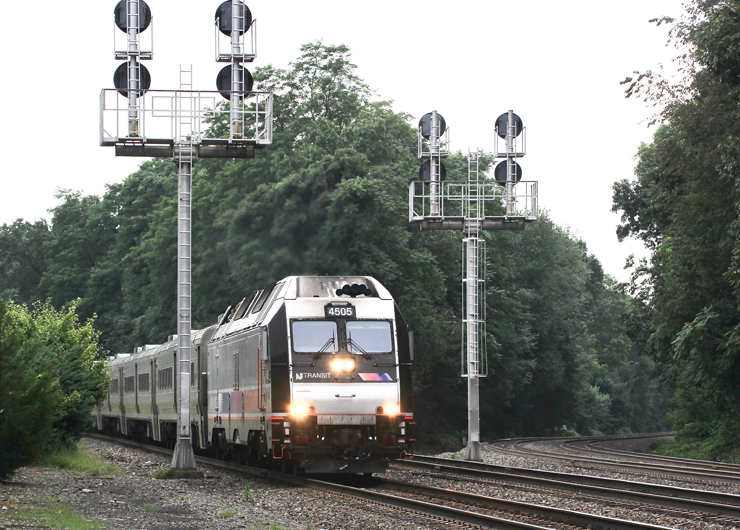
WASHINGTON — A Presidential Emergency Board appointed to address a labor dispute between NJ Transit and the union representing its engineers has recommended that engineers receive the same raises that other unions have agreed to.
NJ.com reports that the three members of Presidential Emergency Board 251 supported NJ Transit’s argument in support of the raises accepted by 14 of the transit agency’s 15 rail unions — raises amounting to 12%, uncompounded, over a 4½ -year term through June 30, 2024. The board’s report says that a higher wage increase “could have an unsustainable fiscal impact” on NJ Transit, which does not have “surplus or discretionary funding to cover this additional cost” and does not have the ability to borrow to address the expense.
The union sought a 15.36% “wage equity adjustment” as of Dec. 31, 2022, on top of the raises offered by NJ Transit, and three years of additional 3% raises, making for a wage increase of 36.36%, uncompounded, over a 7½ term.
The board’s recommendation, along with the NJ Transit terms through June 30, 2024, would include the three years of additional 3% raises and two lump-sum payments of $1,500 in 2024 and 2025, for a 21% wage increase over a 7½-year term. It also proposes a 6% wage increase as of July 1, 2027. The board’s recommendations are non-binding but can serve as a starting point for further negotiations.
The Brotherhood of Locomotive Engineers and Trainmen has argued that NJ Transit’s engineers are the lowest paid among the nation’s commuter rail operations and that the terms agreed to by other unions does not take into account the specialized training and knowledge required for engineers.
A BLET official told NJ.com that the board’s findings are “unacceptable” and the terms “would never be ratified by our members.” The union has a meeting with the National Mediation Board scheduled for Sept. 20, but Jim Louis, the union’s national vice president, said many members are not waiting for a settlement, leaving for other jobs that pay better.
BLET members have been working without a contract since 2019. They voted to strike last August [see “NJ Transit engineers vote to strike,” Sept. 1, 2023], but the complex rules of the Railway Labor Act mean several steps remain for any possible work stoppage.






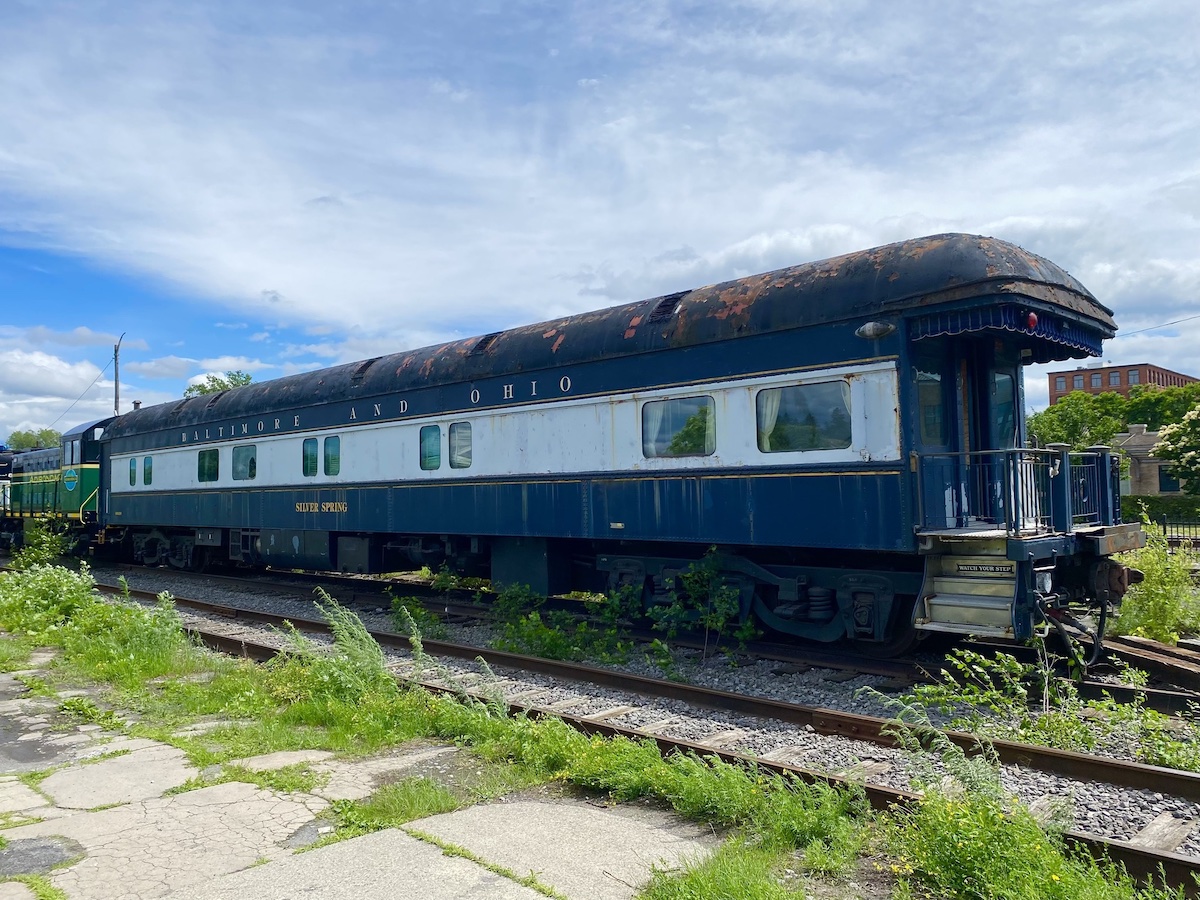
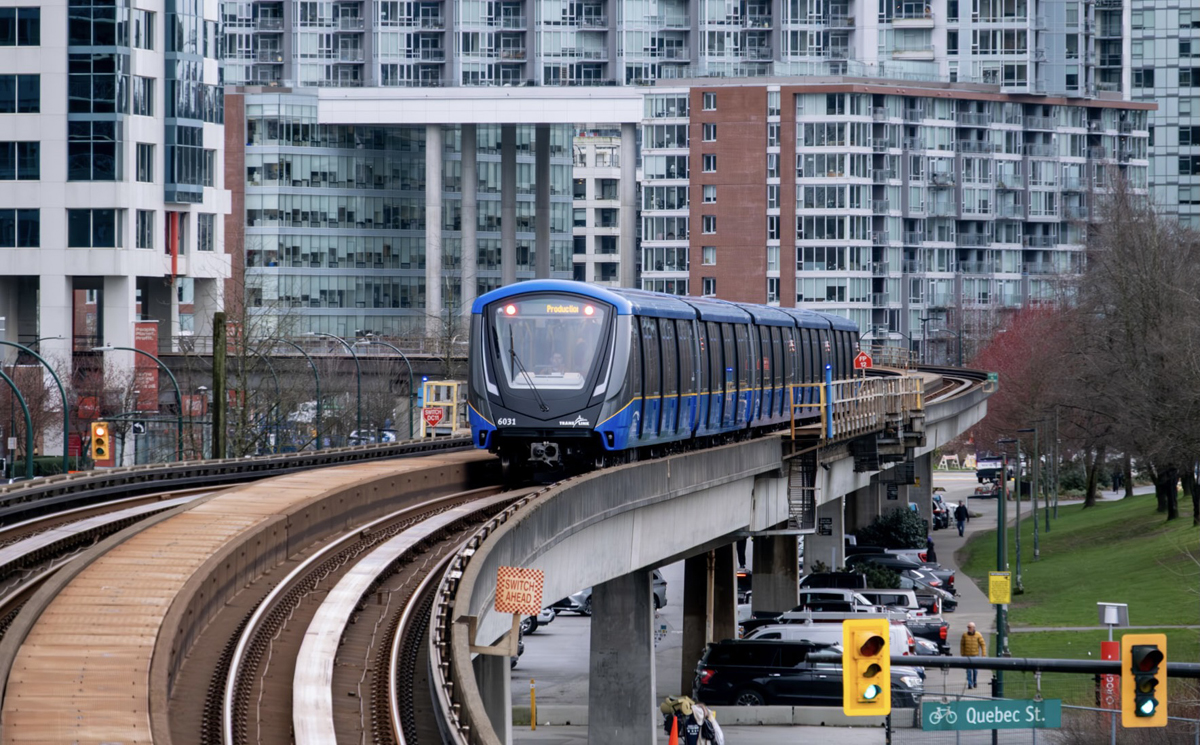
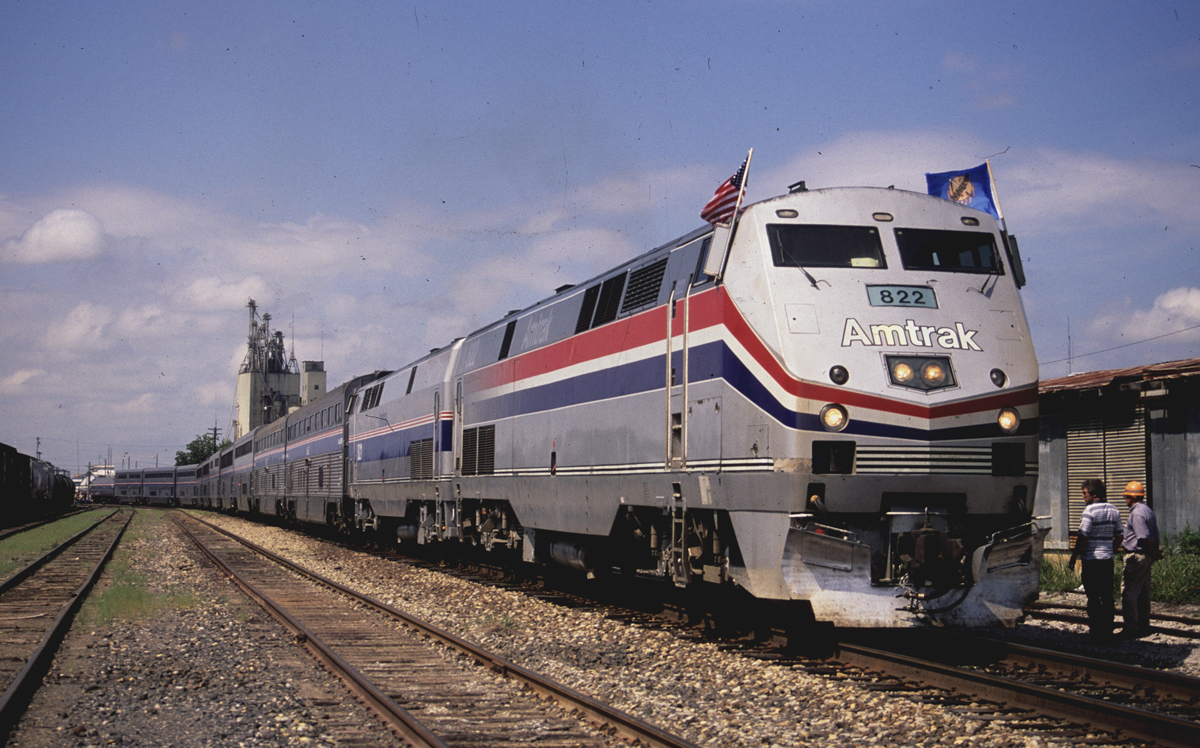
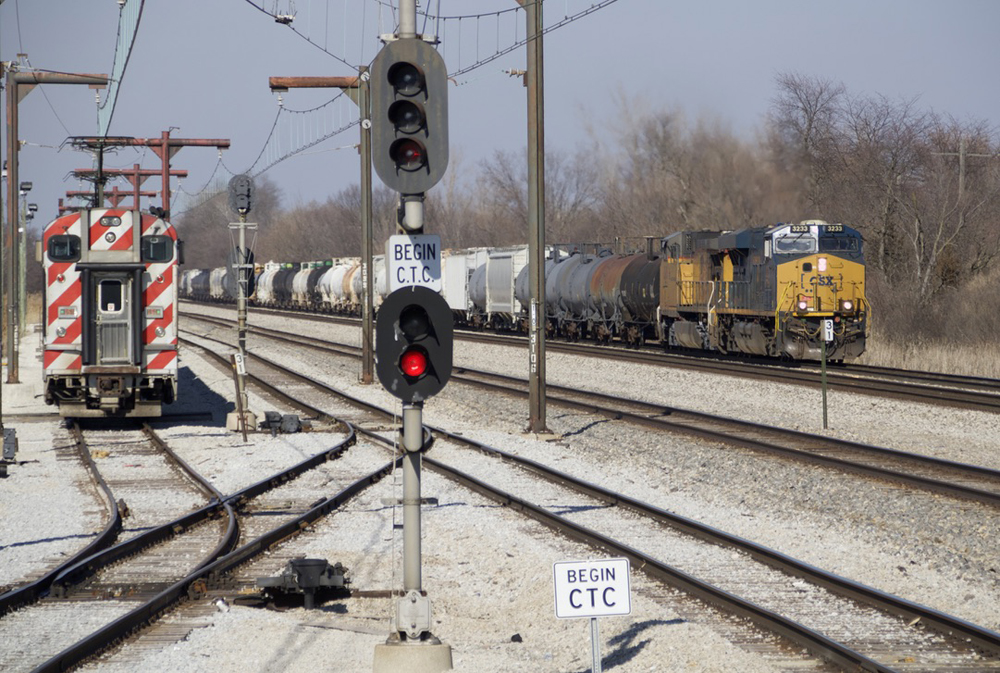




One of the situations faced by NJT and SEPTA is that Amtrak also operates in the NEC and pays better. On the other hand, NJT and SEPTA have less weekend work than Amtrak.